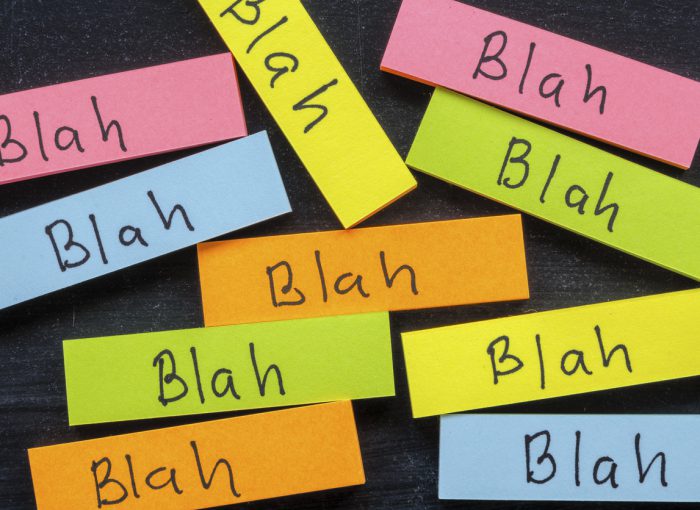Ah, the satisfaction of adding a new word to my vocabulary and then finding a cool way to insert it into conversation and writing. But sometimes these new word discoveries are not new at all, but trendy catchphrases and abbreviations invented for quick use for texting and mobile devices. They feel like fads—In fashion today and gone tomorrow.
Is it time for word trends to go? Or are some worthy to keep at the ready for descriptive speech? Can they be used in daily conversation, even if we choose to ban them from professional writing?
Once words become popular, they aren’t easily extricated from common usage. We can still pick and choose our favorites and ignore the rest. As fun as some of the newest slang roll off the tongue, I can’t find a use for much of it.
The key is over-usage. I like to think the adjectives “epic” and “awesome” will quietly go back to more sparing and thoughtful use as time marches on. The phrases “at the end of the day” and “in a world where” could certainly take a vacation, IMHO (that’s “In My Humble Opinion”, in case you’ve already dumped this overused chat acronym from your vocabulary).
The article, “19 Words to Retire in 2019—and Lots of Lively Replacements” offers a start, but I don’t agree with their snarky list. I can proudly proclaim that I don’t use many of the terms that made it to their article, and I don’t see any reason to avoid using other words in their list. I happily use “yay” even before its rise to recent popularity. What’s wrong with this word?
Nor do I use most of these “18 Annoying Buzzwords You Need to Stop Using at Work”. I didn’t think these words needed to be banned, until I noticed that the phrase I dislike, “at the end of the day” made it to their list.
Instead, agree to remove derogatory racial and sexual terms from the vocabulary. These are the sneaky words that seem innocent enough when you use them, but they carry demeaning meanings for others. Take a look at “Sexist Words and Terms You Need to Stop Using in 2019” for some examples. I applaud this article for suggesting word substitutions for insulting terms.
Then there are those words that just make our writing and speech less precise. These are the words that I continually edit out of my final drafts with the hope that by regularly removing them from my writing, they will take a hike from my daily conversations, emails, and texts, too. Zeroing in on the “15 Words You Need to Eliminate From Your Vocabulary to Sound Smarter” cuts the fat from my drafts to make them chiseled and lean communication machines.
Getting rid of useless vocabulary is a conscious effort tantamount to performing a Marie Kondo cleanup job on my vocabulary—Keeping only that which “sparks joy”. I’m ready to do the work to create better communications. Are you?
If this vocabulary surgery is too much to fathom, I’ll get it done for you. Contact a me at 530-541-2575 for sharp prose.
—Anne Roos, YourWebWriter

